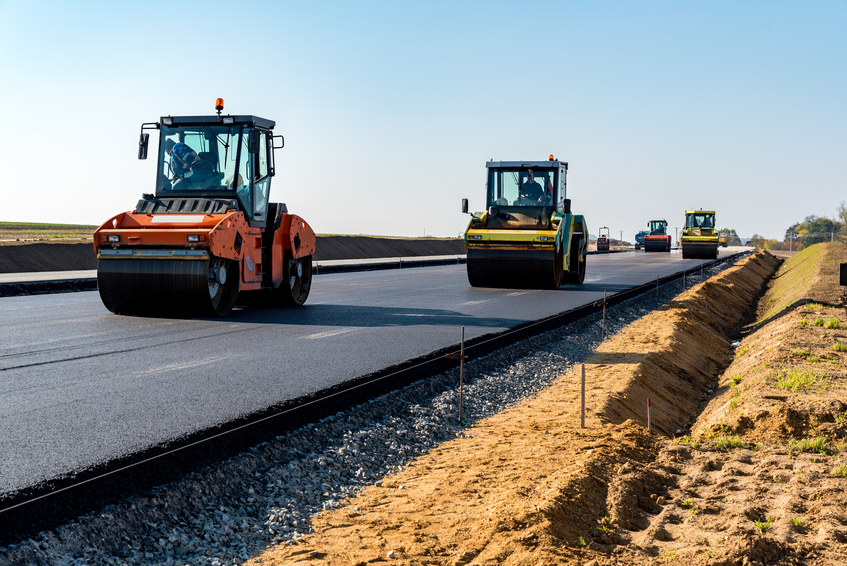Soil Tests for Flexible and Rigid Pavements Design

This online engineering PDH course provides a detailed description on the types of soil tests to be performed when designing flexible pavements and rigid pavements. For each type of test, a description of is provided, with figures, tables, and numerical examples.
A highway pavement is a structure consisting of superimposed layers of processed materials above the natural soil subgrade, which primary function is to distribute the applied vehicle loads to the subgrade. Pavements provide a smooth and durable all-weather traveling surface that benefits a range of vehicles (cars, trucks, buses, bicycles) and users (commuters, commercial motor carriers, delivery and service providers, local users, leisure travelers). Several soil tests for road construction must be carried out in the design phase, before the commencement of the road construction work to understand the nature and properties of soil. Additionally, for any road construction, it is necessary to determine the soil profile.
Soil can be regarded as the structural basis of any construction work as most structures are erected on the soil. In this regard, soil can be considered the foundation of all types of surface construction, including roads. Soil should have an acceptable quality to ensure adequate structural strength and safety.
Thus, soil testing is the first step in any construction work, particularly road construction. The purposes of soil tests for road construction are to analyze the quality of the soil, to determine the moisture present in the soil, to determine the compaction characteristic of various soil, to find out the strength of the subgrade, and to determine the nature of the soil.
This 4 PDH online course is applicable to roadway engineers interested in learning about the soils tests to be considered when selecting and designing roadway pavements. The contents of this document are intended to serve as guidance and not as an absolute standard or rule.
PE continuing education course is intended to provide you with the following specific knowledge and skills:
- Familiarizing about the characteristics of flexible pavements, rigid pavements and composite pavements
- Understanding materials characterization that will determine physical properties including Sieve Analysis, Atterberg Limits, Soil Classification, Proctor Test, Flat and Elongated Particles, Fine and Elongated Particles, Coarse Aggregate Angularity, Clay Content, Los Angeles (LA) Abrasion, Soundness, and Deleterious Materials
- Learning about mechanical properties of soils including Resilient Modulus or Elasticity, California Bearing Ratio (CBR), Resistance, Dynamic Cone Penetration (DCP), Poisson’s Ratio, Maximum Dry Density, Optimum Moisture Content, Specific Gravity, Saturated Hydraulic Conductivity, Soil-Water Characteristic Curve Parameters
- Understanding soil test classification by working thru few example-problems
Upon successful completion of the quiz, print your Certificate of Completion instantly. (Note: if you are paying by check or money order, you will be able to print it after we receive your payment.) For your convenience, we will also email it to you. Please note that you can log in to your account at any time to access and print your Certificate of Completion.